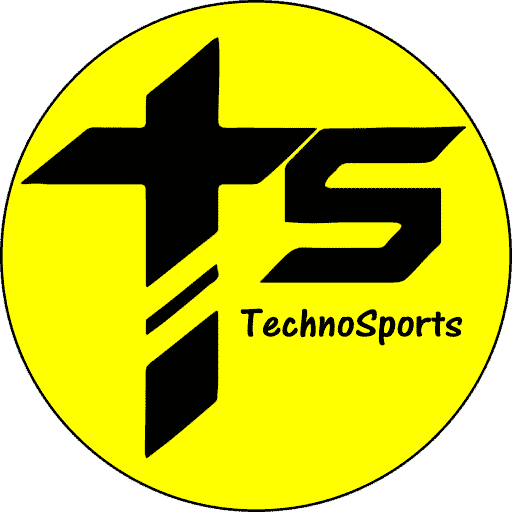AMD is further expanding its dominance in space-grade adaptive computing solutions that can withstand radiation. They have recently introduced the Versal AI Edge XQRVE2302, which is the second device in their Versal Adaptive System on Chip (SoC) lineup that has been approved for space missions.
AMD Versal AI Edge adaptive SoC accelerates AI inferencing for space applications
The XQRVE2302 represents a significant advancement in space application technology by introducing an adaptive System on Chip (SoC) in a compact package measuring 23mm x 23mm. This groundbreaking device offers a substantial board area reduction of approximately 75% and notable power efficiency compared to the previous Versal AI Core XQRVC1902.
The XQRVE2302 stands out as a pioneering Versal device that effectively incorporates the advanced AMD AI Engine (AIE) technology, specifically the AIE-ML variant, which is finely tuned to cater to machine learning (ML) applications. AIE-ML not only provides enhanced support for ML inferencing-focused data types like INT4 and BFLOAT16 but also delivers superior performance compared to the original AIE. This device empowers developers to transform raw sensor data into valuable insights, making it exceptionally suitable for anomaly detection and image recognition applications.
Unlike other radiation-resistant FPGAs, XQR Versal adaptive SoCs offer the unique advantage of allowing unlimited reprogramming throughout development and deployment, even in challenging radiation environments like space. The Versal Adaptive SoC’s robust security features effectively safeguard against tampering and unauthorized configuration modifications. This capability empowers satellite operators to safely modify processing algorithms post-launch, providing enhanced flexibility for remote sensing and communication applications in space.
The radiation resistance of the AMD XQR Versal AI SoC devices has undergone thorough testing by both AMD and independent entities. These tests have demonstrated that the devices can effectively operate across a range of missions, including those in low-earth orbit, geosynchronous earth orbit, and even beyond. The results establish the durability of the XQR Versal SoC devices in the face of radiation exposure.
Commercial pre-production devices are presently accessible for customers who are keenly interested. It is anticipated that flight-ready components will be obtainable by the end of 2024.



